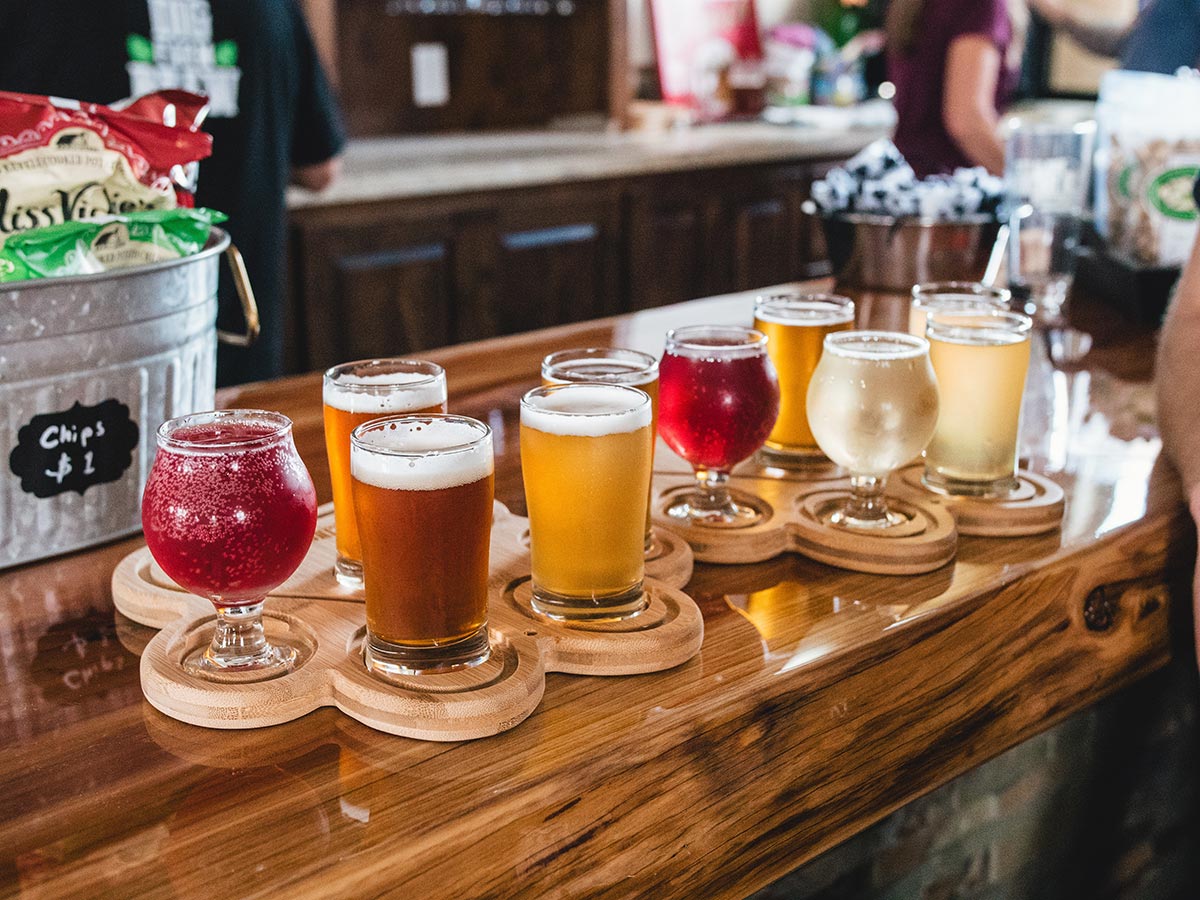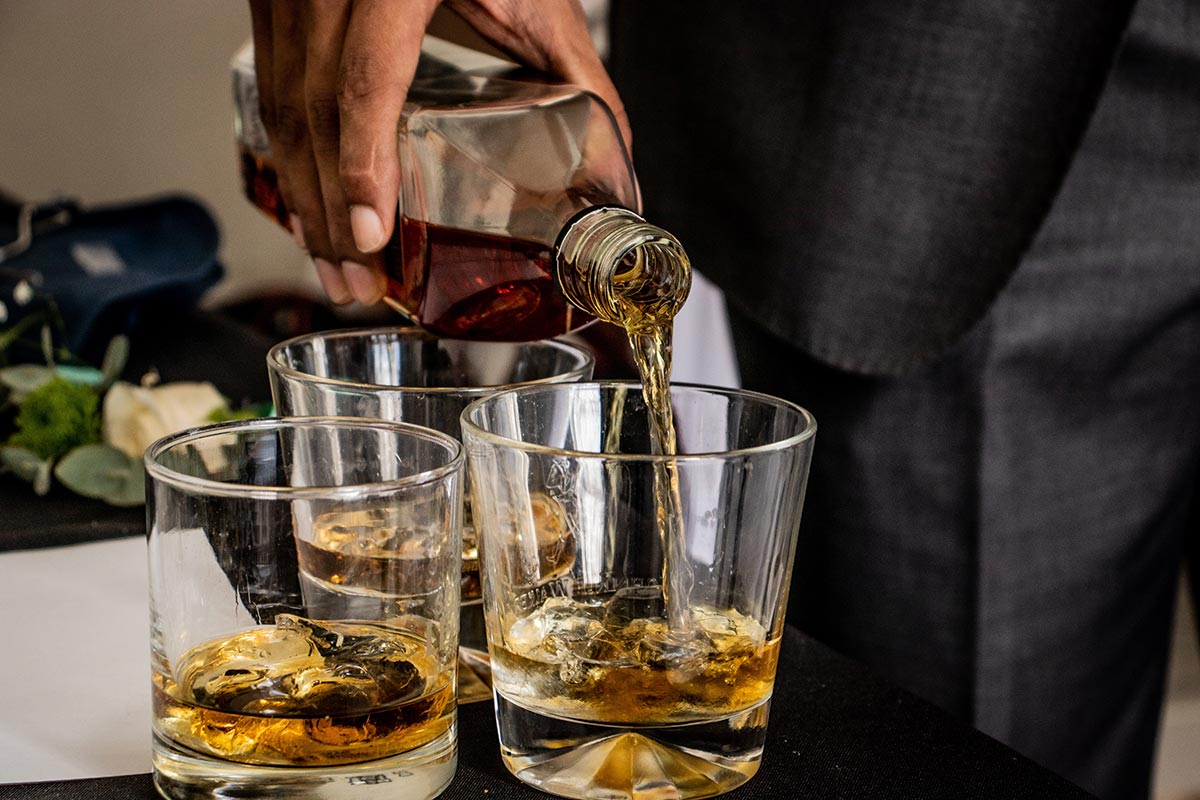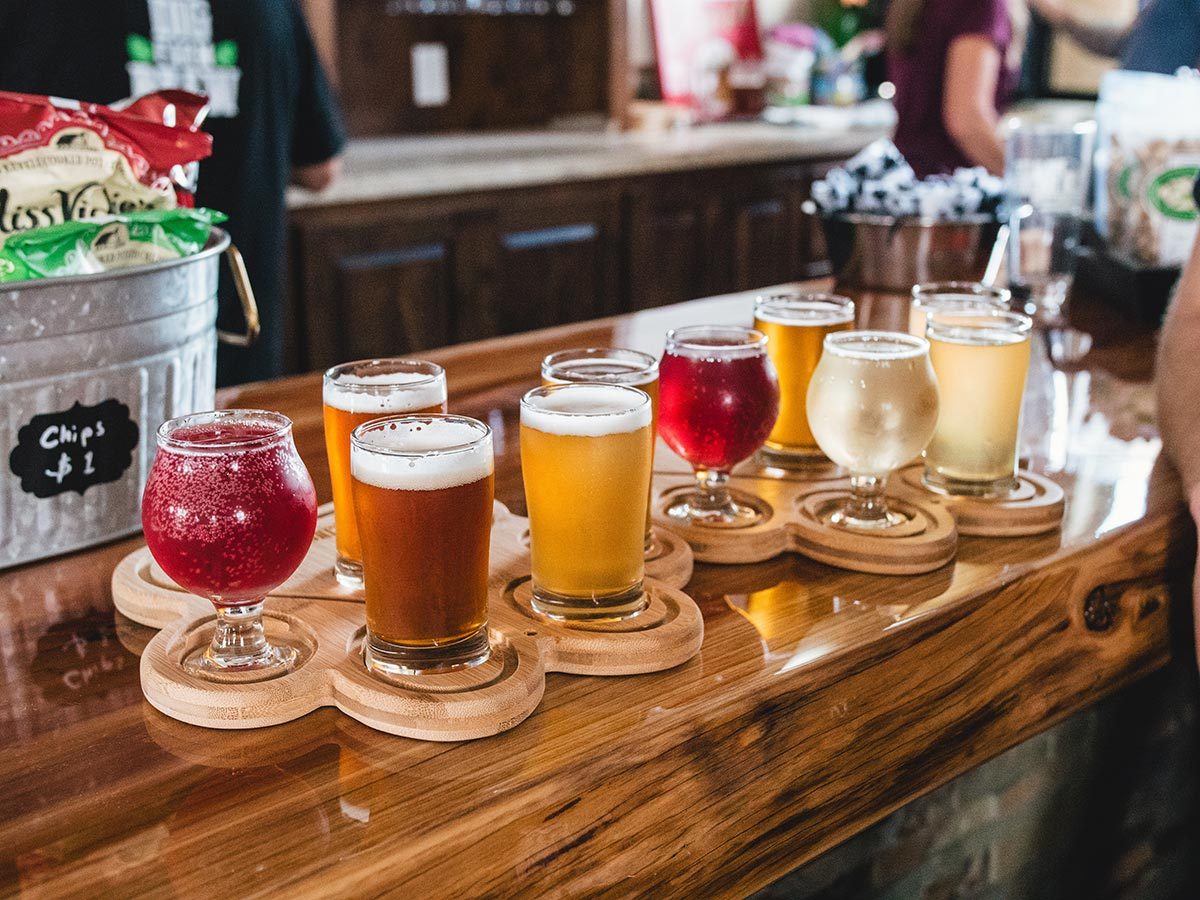
Table of Contents
- Inflammation is an Immune Response
- Does Alcohol Cause Inflammation?
- Is All Alcohol the Same?
- Bad Habits and Joint Pain
- Joint Pain and Alcohol Are Related
Have you noticed that your joints hurt after drinking alcohol? You may expect to have a headache if you drink too much or to have a foggy brain, but the joints may also feel inflamed. Alcohol is inflammatory when drunk in excess, that is why joint pain after drinking alcohol is common. This is especially true if you already have a medical condition like rheumatoid arthritis. There are factors at play that determine the level of inflammation and pain experienced.
Inflammation is an Immune Response
Inflammation is the body’s immune system responding to something that is an irritant or foreign to the body. When inflammation develops, you may feel ill, like you have the flu and experience extreme fatigue. Inflammation is a biological response in which inflammatory mediators are released into the blood and transported to the offending area in an attempt to heal.
Unfortunately, inflammation is not always beneficial to healing. The immune system sometimes mistakenly attacks healthy tissues, causing painful inflammation. A good example is rheumatoid arthritis, an autoimmune disease in which the immune system attacks healthy cells, mainly in the joints, causing chronic pain, misshappiness and balance issues. Other inflammatory diseases include ankylosing spondylitis, psoriatic arthritis and inflammatory bowel disease. There is even an inflammatory form of osteoarthritis that mainly affects middle-aged women in the middle and last finger joints.
Does Alcohol Cause Inflammation?
Do your joints hurt after drinking? One of the features of inflammation is that the inflammatory mediators travel throughout the body in the bloodstream. They can reach and attack any joint and tissue in the body. Avoiding foods and drinks that trigger the inflammatory response is always important, especially when you have an autoimmune disease.
Among the foods and drinks triggering inflammation is alcohol. Drinking even a moderate amount of alcohol can lead to inflammation in some people for various reasons.

1. Gut Bacteria Imbalance
Alcohol stimulates an increase in intestinal bacteria. Certain bacteria are associated with inflammatory molecules that lead to tissue inflammation throughout the body.
2. Effects Immune System Functioning
Alcohol negatively affects the innate or nonspecific immune system that defends the body against foreign substances and germs. Alcohol prevents monocyte activation, which plays a significant role in the normal inflammatory response. Monocytes are white blood cells that call on other white blood cells to prevent infection. Interference with monocyte activation can worsen inflammation.
3. Disrupts Sleep
Though you may not connect sleep and joint pain, fatigue can cause increased joint pain. Alcohol causes low-quality sleep by suppressing REM sleep. There are theories about the relationship between poor sleep quality and increased inflammation. One is that the central nervous system (CNS) does not work well when you do not get regular quality sleep. Another is that studies have found that people deprived of sleep have increased inflammatory markers in their blood.
4. Increases Uric Acid Levels
Alcohol can increase uric acid levels. Uric acid buildup increases the risk of developing inflammatory joint conditions like gout. Researchers believe there might be a relationship between alcohol use and uric acid levels in the synovial fluid in people with osteoarthritis.
Is All Alcohol the Same?

Does all alcohol promote systemic inflammation, which includes the joints? There is a difference between some alcoholic drinks. You may have heard that people drink red wine, and joint pain is reduced. The research to date has found that red wine has resveratrol, one of the polyphenols that come from plants and counteracts pro-inflammatory cytokines. By reducing the biomarkers of inflammation, people with osteoarthritis or rheumatoid arthritis may benefit.
Is beer bad for inflammation? Are mixed drinks with liquor bad for inflammation?
Drinking too much of any kind of alcohol can lead to inflammation in any joint.
For example, researchers found a relationship between knee pain after drinking alcohol. Excessive alcohol consumption was significantly associated with an increased risk of knee osteoarthritis. Light to moderate alcohol consumption was not associated with knee OA.
Another research project found that moderate alcohol drinking is associated with lower inflammation compared to non-drinkers and heavy drinkers. Light to moderate drinking is the key. The Centers for Disease Control (CDC) defines drinking status as follows.
| Light Drinker | 3 or fewer drinks per week |
| Moderate Drinker | 3-7 drinks per week for women and 3-14 drinks per week for men |
| Heavy Drinker | more than 7 drinks per week for women and more than 14 drinks per week for men |
One drink is about 12 ounces of regular beer, 5 ounces of wine and 1.5 ounces of spirits. Drink too much alcohol, and inflammation of the joints is likely.
Bad Habits and Joint Pain
Given its relationship to osteoarthritis and rheumatoid arthritis joint pain, alcohol consumption should be carefully managed. Drinking too much alcohol is one bad habit but only one lifestyle choice. A combination of bad habits, that includes too much alcohol, can trigger inflammation.
- Poor dietary habits, including overeating and eating known inflammatory foods like meat, sugar, fried foods and fatty fish
- Not exercising, leading to weight gain; weak muscles, ligaments and tendons; and increased free radical formation
- Being overweight or obese, placing stress on the joints that leads to joint degeneration and inflammation
- Smoking which harms bone and cartilage by constricting blood flow and causing other issues leading to accelerated joint damage
Joint Pain and Alcohol Are Related
The old expression “all things in moderation” applies to alcohol. It can trigger inflammation or make existing inflammation worse. It is wise to reevaluate all aspects of your lifestyle to reduce your chances of inflammation and painful joint damage. Just reducing alcohol consumption while continuing to eat inflammatory foods and not exercising will fail to produce the desired results. Develop a healthy lifestyle that enables you to enjoy life to its fullest.
Sources
- https://www.ncbi.nlm.nih.gov/books/NBK279298/
- https://www.cdc.gov/arthritis/basics/rheumatoid-arthritis.html
- https://www.arthritis.org/diseases/more-about/what-is-inflammatory-osteoarthritis
- https://www.sciencedaily.com/releases/2022/08/220811135321.htm
- https://www.ncbi.nlm.nih.gov/pmc/articles/PMC7589951/
- https://www.news-medical.net/health/How-Does-Alcohol-Consumption-Affect-the-Immune-System.aspx#3
- https://www.sleepfoundation.org/nutrition/alcohol-and-sleep
- https://www.arthritis.org/health-wellness/healthy-living/managing-pain/fatigue-sleep/sleep-and-pain
- https://www.ncbi.nlm.nih.gov/pmc/articles/PMC8316228/
- https://www.ncbi.nlm.nih.gov/pmc/articles/PMC6316397/ and https://pubmed.ncbi.nlm.nih.gov/29611086/
- https://pubmed.ncbi.nlm.nih.gov/35150844/
- https://academic.oup.com/ageing/article/45/6/747/2499235
- https://www.cdc.gov/nchs/nhis/alcohol/alcohol_glossary.htm
